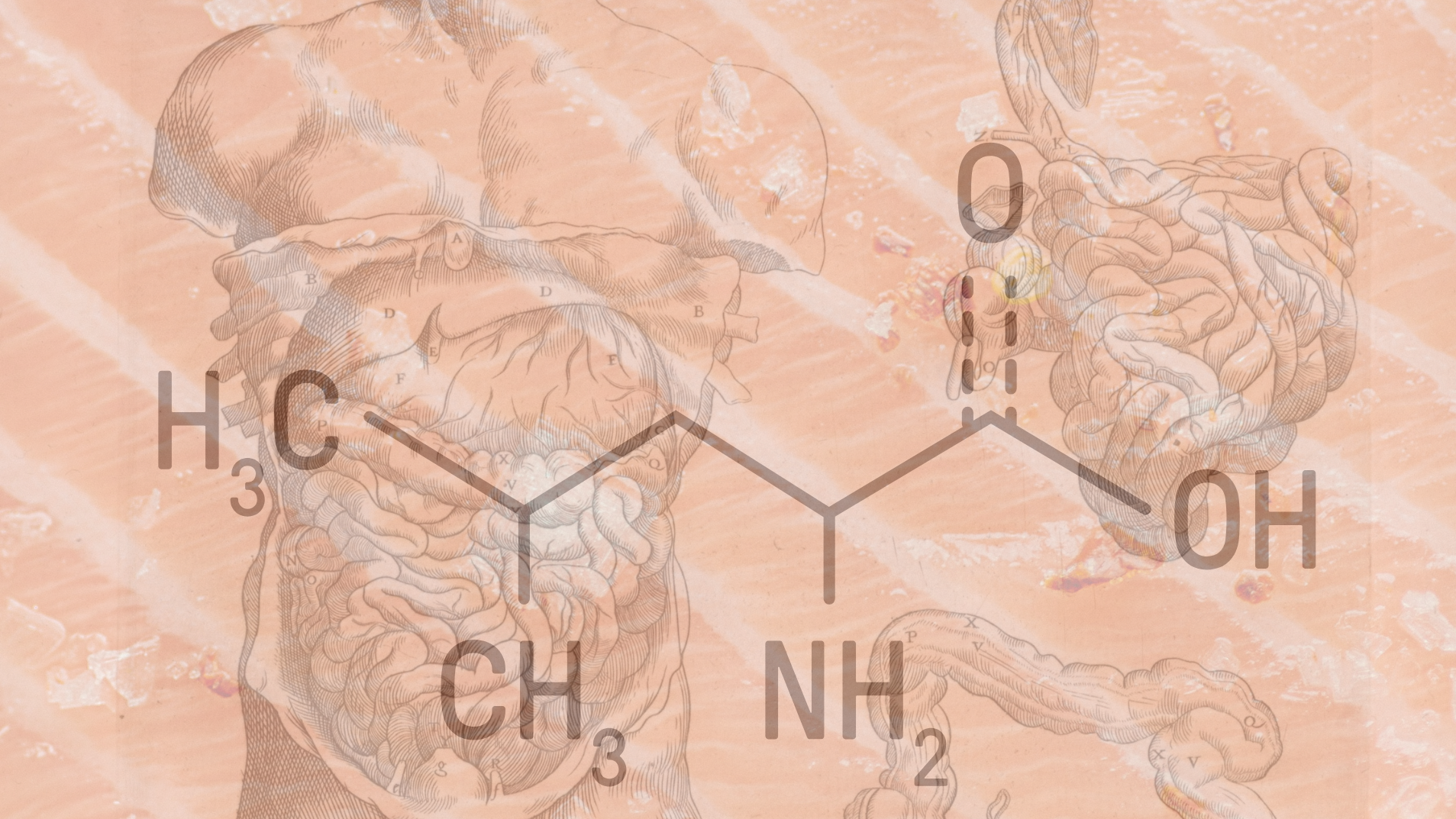The Science Behind P24: How Protein Absorption Works

In a health and wellness space crowded with adaptogens, microbiome resets, and longevity hacks, one quietly powerful player is grabbing and broadening the spotlight: protein. Long associated with athletes and bodybuilders, this foundational macronutrient is now being reexamined. Recent research suggests that how well your body absorbs protein—not just how much you consume—can influence a range of processes related to energy metabolism, digestive efficiency, and nutrient utilization (Byerley, 2021).
For individuals navigating midlife changes, digestive slowdowns, or shifts in nutrient needs, understanding how protein absorption works can provide insights into optimizing wellness strategies. The conversation, it turns out, isn’t just about quantity. It’s about bioaccessibility.
Protein 101: What Happens After You Eat It
Protein is made up of amino acids—twenty in total, nine of which are classified as essential because the body can’t synthesize them on its own. These amino acids are involved in many biological functions, from tissue maintenance to enzymatic activity.
When you eat protein, digestion begins mechanically in the mouth (chewing) and chemically in the stomach (enzyme-driven). Stomach acid denatures the protein, unraveling its structure, and the enzyme pepsin starts breaking it into smaller fragments known as polypeptides. As digestion continues into the small intestine, pancreatic enzymes like trypsin and chymotrypsin take over, cleaving polypeptides into smaller peptides and eventually into individual amino acids (van Loon, 2022).
These amino acids are then absorbed through the intestinal lining, transported to the liver for processing, and ultimately distributed to various tissues including muscles, skin, and the brain.
In theory, it’s a finely tuned system. In practice, especially in adults over 35, factors such as age, stress, and digestive efficiency may influence how protein is broken down and utilized by the body (Burd et al., 2016).

Why Absorption Efficiency Matters
Protein’s biological roles are extensive. Amino acids like tryptophan contribute to the synthesis of neurotransmitters that help regulate circadian rhythms and relaxation (Yoshida et al., 2021). Others, like leucine, are associated with muscle protein synthesis and recovery. Yet, if protein isn’t fully broken down and absorbed, its potential may be limited—even in individuals consuming what appears to be an adequate diet.
Some of the common signs of inefficient protein utilization may include:
● Persistent fatigue
● Digestive discomfort
● Slower recovery after physical activity
● Restless or disrupted sleep
● Difficulty maintaining focus
This emerging understanding is shifting focus from simply increasing protein intake to improving how it’s digested and made available for physiological needs.
Enter amplifyeP24: A Smarter Digestive Enzyme
amplifyeP24 is a protein enzyme designed to work earlier in the digestive process. Derived from the Kumamolisin family—a class of proteases discovered in a Japanese hot spring and further developed through academic research at UC Davis—P24 activates in the stomach, not the small intestine (Fujinaga et al., 2006).
This early activation is significant. By catalyzing the hydrolysis of protein at a lower pH, P24 begins breaking down dietary proteins into smaller peptides and amino acids before they reach the small intestine. This process enhances what scientists call "early hydrolysis," supporting more efficient digestion (Siegel et al., 2020).
The Science of Better Bioavailability
In controlled lab conditions, P24 has been shown to increase the bioaccessibility of amino acids by accelerating protein breakdown at the stomach level. This means that more essential amino acids—including those involved in protein synthesis and energy production—may reach circulation faster and in higher concentrations.
This enhanced absorption supports:
● Neurotransmitter production
● Tissue maintenance and repair
● Nutrient metabolism
● Digestive efficiency

Four Functional Benefits of P24
- Support for Restful Sleep Improved availability of tryptophan contributes to the synthesis of serotonin and melatonin—neurotransmitters that support circadian rhythm regulation (Yoshida et al., 2021).
- Energy Support A full spectrum of available amino acids contributes to mitochondrial function and ATP production, helping maintain consistent energy levels.
- Digestive Comfort By initiating protein digestion earlier in the process, P24 may ease the digestive workload and support gastrointestinal comfort.
- Support for Recovery Enhanced availability of amino acids such as leucine supports tissue recovery following exercise or physical exertion.
A New Frontier in Protein Science
While protein remains a cornerstone of nutrition, the science of how we digest and absorb it is evolving. amplifyeP24 represents a shift towards a more intelligent relationship with this macronutrient—one that considers not just what we eat, but how effectively our bodies can utilize it.
In a landscape full of wellness noise, protein absorption may be one of the most overlooked yet high-impact factors in strengthening health and resilience. This is not a trend. It’s biochemistry—applied with precision to a forever essential element: protein.











